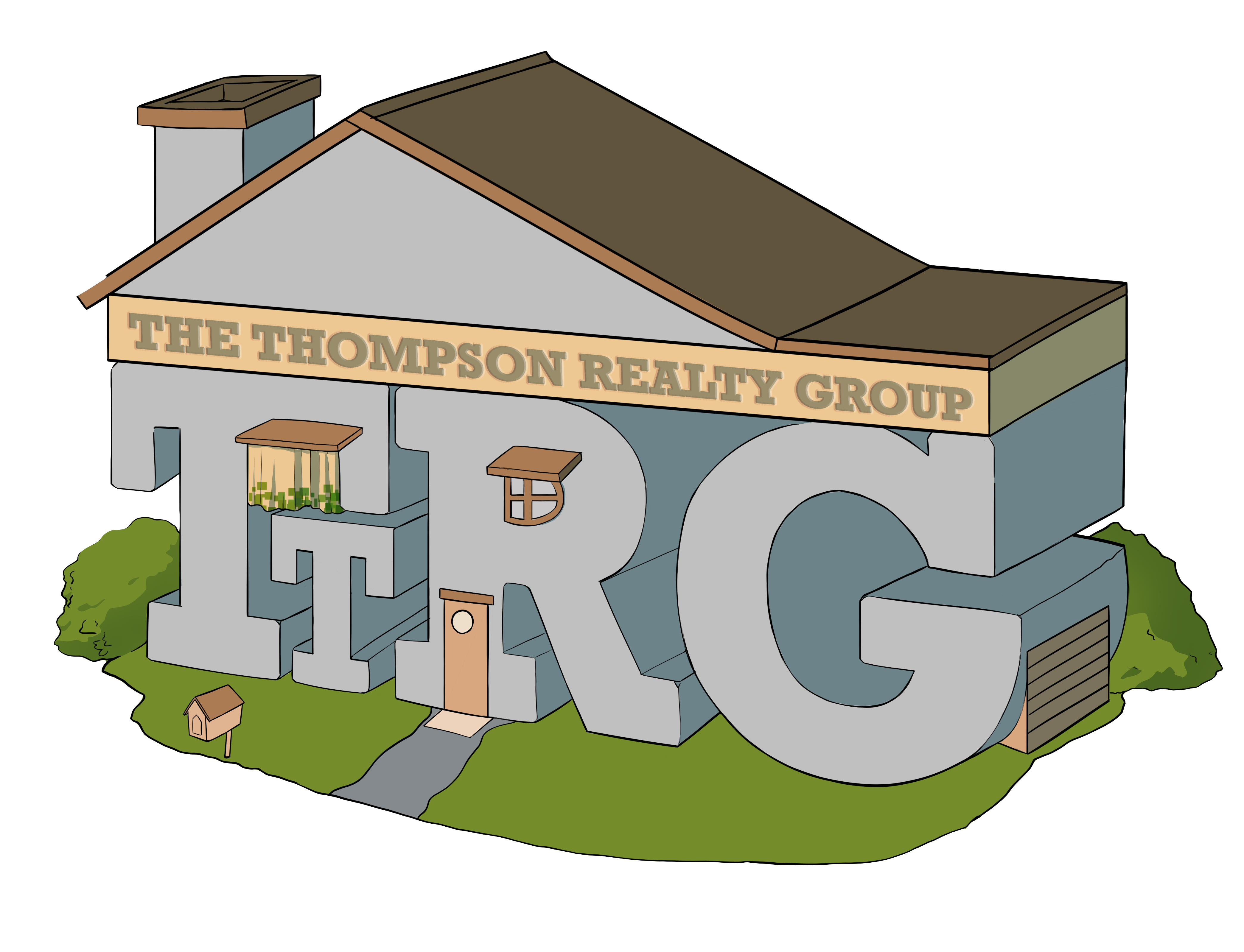Strategic Real Estate Investing
Navigating the real estate market during periods of rising interest rates can be a daunting task for both novice and seasoned investors. However, with the right strategies, it’s possible to turn these challenges into opportunities. Here are some insights on how to adapt your investment approach in response to increasing interest rates.
For buyers, rising interest rates typically mean higher mortgage payments, which can put a dent in affordability. To mitigate this impact, consider leveraging adjustable-rate mortgages (ARMs). While ARMs carry the risk of future rate increases, they often start with lower rates compared to fixed-rate mortgages, potentially offering short-term cost savings. Additionally, buyers may benefit from focusing on properties in emerging markets where real estate prices haven't yet peaked, allowing for more room for appreciation despite higher borrowing costs.
When it comes to investing, one effective strategy is diversifying your real estate portfolio. In periods of rising interest rates, residential properties might face slower appreciation, but commercial real estate can still offer stable income through long-term leases. Additionally, investing in real estate investment trusts (REITs) provides an opportunity to gain exposure to the real estate market without the necessity of direct property ownership, thus spreading risk and preserving capital.
Another critical strategy is thorough due diligence. As borrowing costs increase, it's vital to conduct meticulously detailed financial assessments of potential investments. This includes stress-testing your investment scenarios to ensure they remain viable if interest rates continue to climb. Understanding the cash flow dynamics and potential expenses of a property can help investors in staying clear of financially precarious situations.
Lastly, investors should consider the timing of their purchases and sales. Those holding assets might find it judicious to hold onto them longer in anticipation of future market corrections, while those looking to buy should be ready to act swiftly on undervalued properties. In both cases, maintaining liquidity is crucial to capitalizing on unforeseen opportunities.
In conclusion, rising interest rates undoubtedly add complexity to real estate investing, but with adaptive strategies—such as leveraging flexible mortgage products, diversifying investments, performing rigorous due diligence, and strategically timing market actions—investors can navigate these changes successfully. Stay informed and proactive to ensure your real estate investments continue to thrive.
Recent Posts










